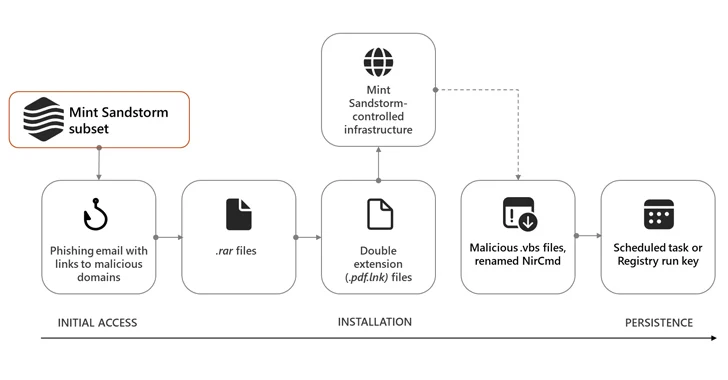Iranian Hackers Masquerade as Journalists to Spy on Israel-Hamas War Experts
Jan 18, 2024NewsroomCyber Espionage / Threat Intelligence High-profile individuals working on Middle Eastern affairs at universities and research organizations in Belgium, France, Gaza, Israel, the U.K., and the U.S. have been targeted by an Iranian cyber espionage group called Mind...


